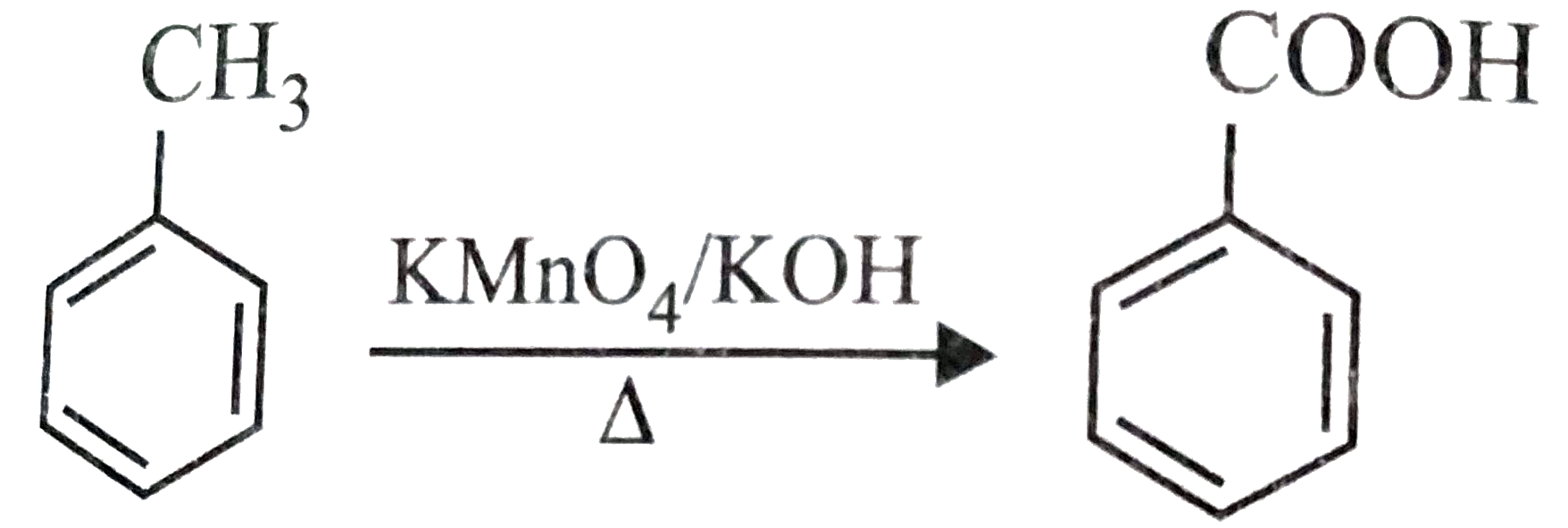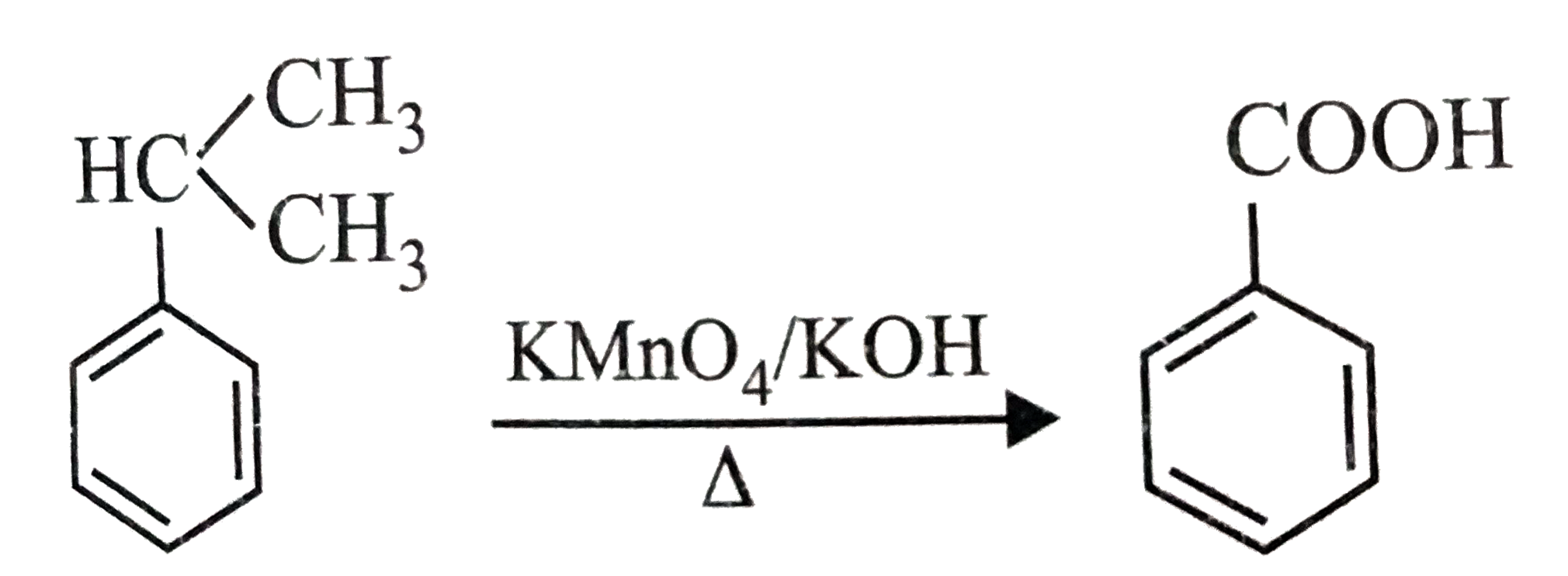Which of the following reaction(s) occurs during calcination?
The correct Answer is:A, C
To determine which reactions occur during calcination, we first need to understand what calcination is. Calcination is a thermal treatment process in which an ore is heated to a temperature below its melting point in the presence of limited oxygen or in the absence of oxygen. This process typically results in the decomposition of the ore, leading to the formation of an oxide and the release of gases such as carbon dioxide (CO2).
Now, let’s analyze each of the given options:
1. Calcium carbonate gives calcium oxide plus CO2.
- This reaction can be represented as:
CaCO3(s)→CaO(s)+CO2(g)
- This is a classic example of calcination, where calcium carbonate decomposes into calcium oxide and carbon dioxide upon heating. This reaction occurs at a temperature below the melting point of calcium carbonate and in limited oxygen. This reaction occurs during calcination.
2. Iron sulfide reacts with oxygen to form iron oxide plus SO2.
- This reaction can be represented as:
FeS(s)+O2(g)→FeO(s)+SO2(g)
- This reaction involves the presence of oxygen and is not a typical calcination reaction because it does not involve the decomposition of a carbonate or hydroxide to form an oxide. This reaction does not occur during calcination.
3. Aluminium hydroxide gives Aluminium oxide plus Water.
- This reaction can be represented as:
Al(OH)3(s)→Al2O3(s)+H2O(g)
- This reaction involves the dehydration of aluminum hydroxide to form aluminum oxide and water. While it is a thermal decomposition reaction, it is not a classic example of calcination as it does not involve a carbonate. This reaction does not occur during calcination.
4. Copper sulfide plus Copper sulfate gives Copper plus SO2.
- This reaction can be represented as:
Cu2S(s)+CuSO4(s)→2Cu(s)+SO2(g)
- This reaction involves the reduction of copper sulfide and copper sulfate, which is not a calcination process. It does not involve the decomposition of a carbonate or hydroxide. This reaction does not occur during calcination.
Based on the analysis above, the only reaction that occurs during calcination is:
Correct Answer: Option 1 - Calcium carbonate gives calcium oxide plus CO2.
- This reaction can be represented as:
CaCO3(s)→CaO(s)+CO2(g)
- This is a classic example of calcination, where calcium carbonate decomposes into calcium oxide and carbon dioxide upon heating. This reaction occurs at a temperature below the melting point of calcium carbonate and in limited oxygen. This reaction occurs during calcination.
- This reaction can be represented as:
FeS(s)+O2(g)→FeO(s)+SO2(g)
- This reaction involves the presence of oxygen and is not a typical calcination reaction because it does not involve the decomposition of a carbonate or hydroxide to form an oxide. This reaction does not occur during calcination.
- This reaction can be represented as:
Al(OH)3(s)→Al2O3(s)+H2O(g)
- This reaction involves the dehydration of aluminum hydroxide to form aluminum oxide and water. While it is a thermal decomposition reaction, it is not a classic example of calcination as it does not involve a carbonate. This reaction does not occur during calcination.
- This reaction can be represented as:
Cu2S(s)+CuSO4(s)→2Cu(s)+SO2(g)
- This reaction involves the reduction of copper sulfide and copper sulfate, which is not a calcination process. It does not involve the decomposition of a carbonate or hydroxide. This reaction does not occur during calcination.
Topper's Solved these Questions
- METALLURGYBOOK - VK JAISWAL ENGLISHCHAPTER - METALLURGYEXERCISE - MATCH THE COLUMN
20 Videos
- METALLURGYBOOK - VK JAISWAL ENGLISHCHAPTER - METALLURGYEXERCISE - ASSERTION-REASON TYPE QUESTIONS
29 Videos
- METALLURGYBOOK - VK JAISWAL ENGLISHCHAPTER - METALLURGYEXERCISE - Level 3 (Passive 7)
8 Videos
- ENVIRONMENTAL CHEMISTRYBOOK - VK JAISWAL ENGLISHCHAPTER - ENVIRONMENTAL CHEMISTRYEXERCISE - ASSERTION-REASON TYPE QUESTIONS
14 Videos
- p-BLOCK ELEMENTSBOOK - VK JAISWAL ENGLISHCHAPTER - p-BLOCK ELEMENTSEXERCISE - SUBJECTIVE PROBLEMS
35 Videos
Similar Questions
Knowledge Check
Which of the following reactions does not occur ?
A B
B C
C D
D
Which of the following reactions does not occur during calcination?
View SolutionWhich of the following reaction (s) correct ?
View SolutionWhich of the following reaction(s) is/are wrong?
View SolutionWhich of the following reaction does not occur?
View SolutionWhich of the following reaction occur most rapidly ?
View SolutionWhich of the following reactions will not occur ?
View SolutionWhich of the following reactions occurs at the anode during the recharging of lead storage battery ?
View Solution
